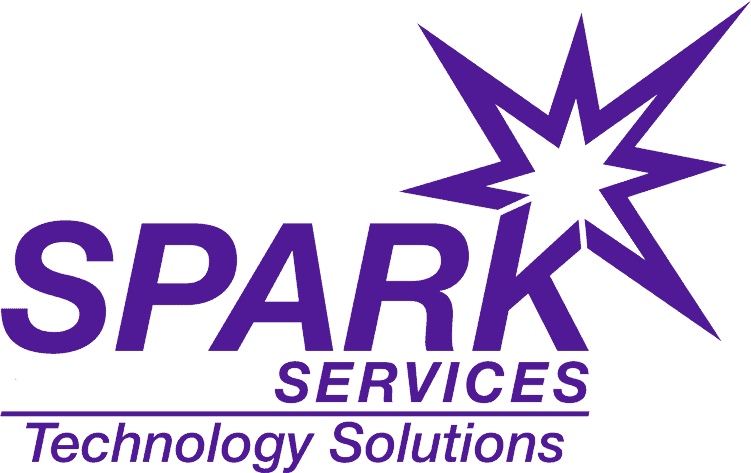In today’s digital age, data has become one of the most valuable assets, whether it’s personal files, business documents, or critical databases.
With the increasing reliance on digital storage devices like hard drives, SSDs, and cloud services, data loss has become a widespread concern.
Unfortunately, many people still fall for common data recovery myths, attempting to recover lost data themselves and causing more damage in the process.
In this blog, we’ll debunk some of the most common data recovery myths and help you understand the best approach to data recovery.
Myth 1: Data Recovery Software Always Works
One of the most pervasive data recovery myths is that software can always retrieve lost or corrupted data. While there are many software options available that promise data recovery, these tools aren’t always effective.
If your data loss is due to physical damage to your hard drive or SSD, no software can help. In fact, using recovery software on a physically damaged device may worsen the issue by overwriting the data.
The truth: Data recovery software is useful for specific cases, such as accidental deletions or file system corruption, but it doesn’t work for all types of data loss, particularly when hardware is physically damaged.
Myth 2: You Can Recover Data Yourself Without Professional Help
Many people believe that they can perform a DIY recovery on their own. This is a dangerous assumption, especially when it involves delicate operations such as opening up a hard drive or manipulating the storage unit.
Attempting to recover data yourself may lead to further data loss or even irreversible damage.
The truth: Professionals use specialized equipment and techniques to recover data. Mishandling the process can make data recovery more difficult and expensive. When in doubt, always consult a professional.
Myth 3: Formatting Your Device is a Sure Way to Erase All Data
It’s a common myth that once you format a device, the data is gone for good. While formatting a device can make the files inaccessible to the average user, it doesn’t necessarily erase the data permanently. The data often remains on the storage medium until it’s overwritten by new data.
The truth: Even after a device is formatted, data recovery is often possible using professional recovery tools, provided the data hasn’t been overwritten. So, don’t rely on formatting as a foolproof method of wiping data.
Myth 4: Only Experts Can Recover Data
Another misconception is that only data recovery experts have the ability to recover lost data. While it’s true that experts have the necessary tools and expertise to perform complex recovery tasks, there are cases where basic recovery can be attempted by the user, especially in less critical situations.
The truth: Simple data loss issues can often be handled by users with the right tools. However, in cases of severe corruption or physical damage, it’s best to leave the task to the experts who can use advanced technology to restore the data.
Myth 5: Cloud Storage Guarantees Data Safety
Cloud storage services like Google Drive, Dropbox, and iCloud are often seen as a foolproof way to protect data. While cloud storage offers convenient backup solutions, it doesn’t guarantee immunity from data loss. Cloud services can experience outages, data breaches, or even accidental deletion of files.
The truth: Even though cloud storage offers great benefits, it’s not infallible. For crucial data, always have an additional backup plan that involves external drives or secondary cloud services to ensure redundancy.
Myth 6: If You Can’t Access Your Files, They’re Gone Forever
A major data recovery myth is that once you can’t access your files, they’re lost forever. This is especially troubling when users receive error messages or are unable to open their files. However, data isn’t always gone simply because it’s not accessible.
The truth: Most data loss is recoverable, even if the device is showing signs of failure. There are multiple recovery techniques available that can retrieve your files, even if the system isn’t booting properly or the files appear corrupted.
Myth 7: Data Recovery is Expensive and Unaffordable
Many individuals avoid professional data recovery services because they assume it’s too expensive. While professional services can be costly, the price is often justified by the advanced tools, expertise, and success rates. In many cases, the cost of professional recovery is far less than the value of the data lost.
The truth: The price of data recovery varies depending on the severity of the damage, but it is an investment worth considering. In many cases, recovering valuable business data or irreplaceable personal files is priceless.
Conclusion: Trust the Experts for Reliable Data Recovery
While data recovery myths may seem harmless at first, they can ultimately lead to more harm than good. When data loss occurs, it’s important to understand that not all recovery methods are equal, and professional help may be necessary.
Avoid falling for myths that could complicate or worsen the situation. If you’re dealing with critical data loss, don’t risk further damage – reach out to SPARK Services.
Their data recovery experts offer safe, reliable solutions that ensure your data is in the right hands.
By addressing these data recovery myths head-on, we hope you’re better equipped to handle data loss scenarios and make informed decisions. Always approach data recovery with care, and when in doubt, call the professionals at SPARK Services.




